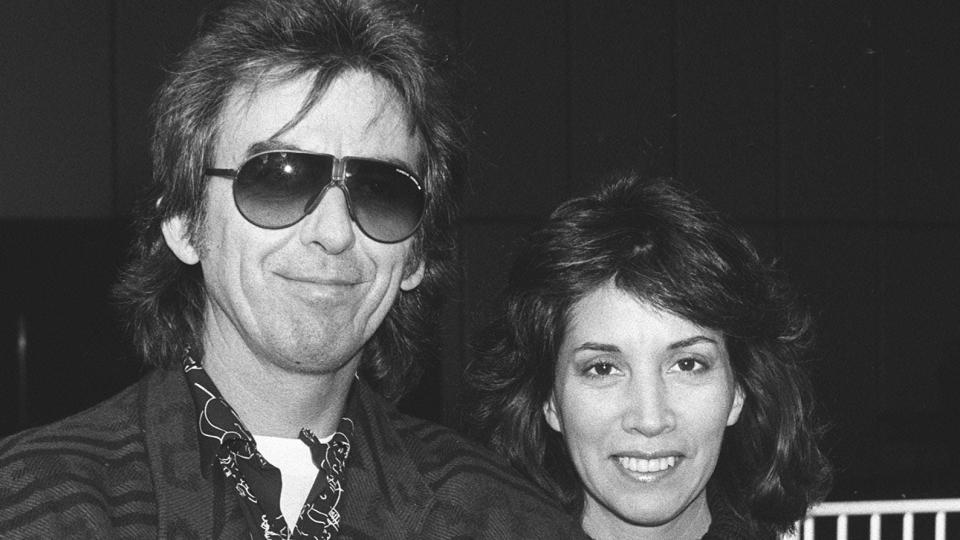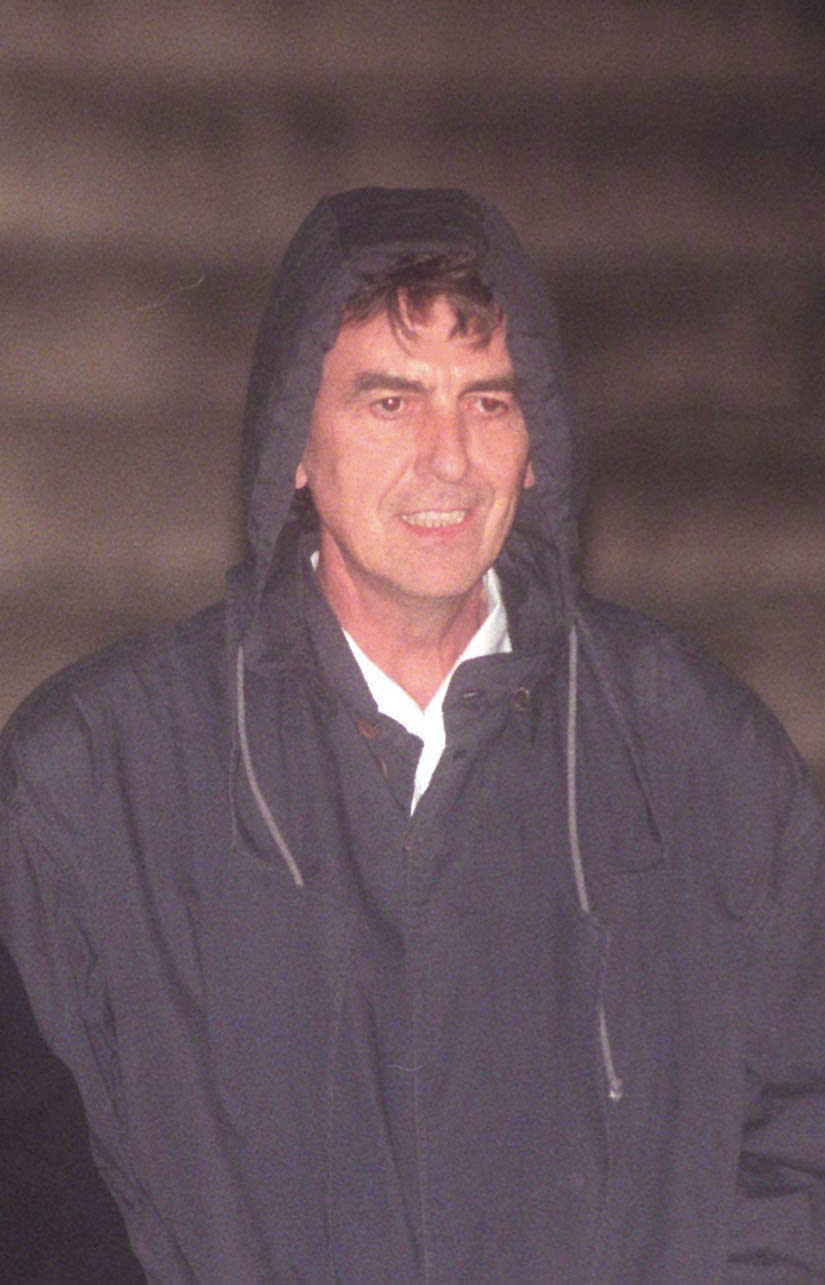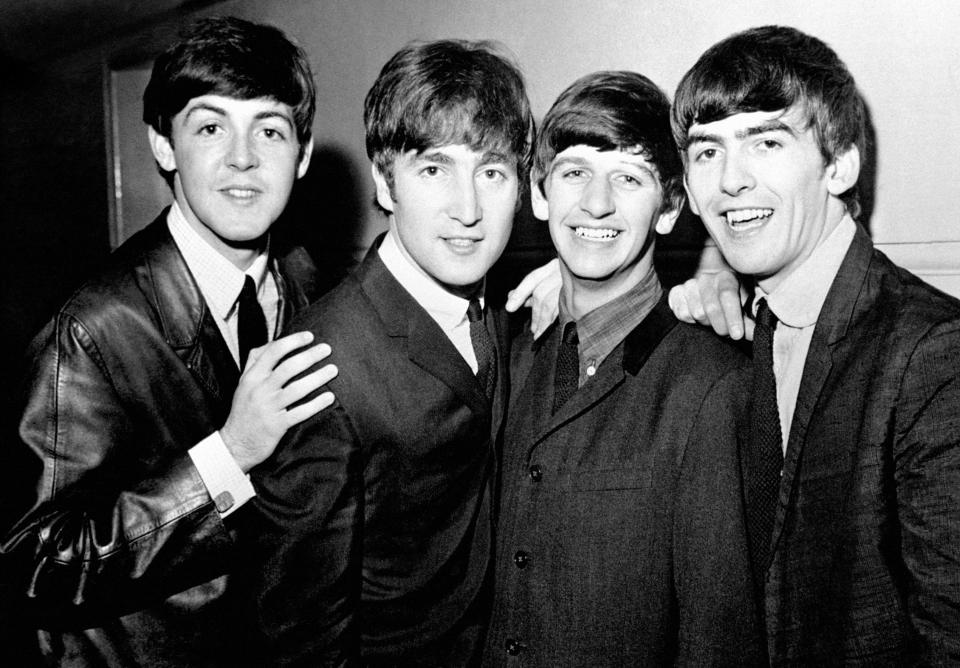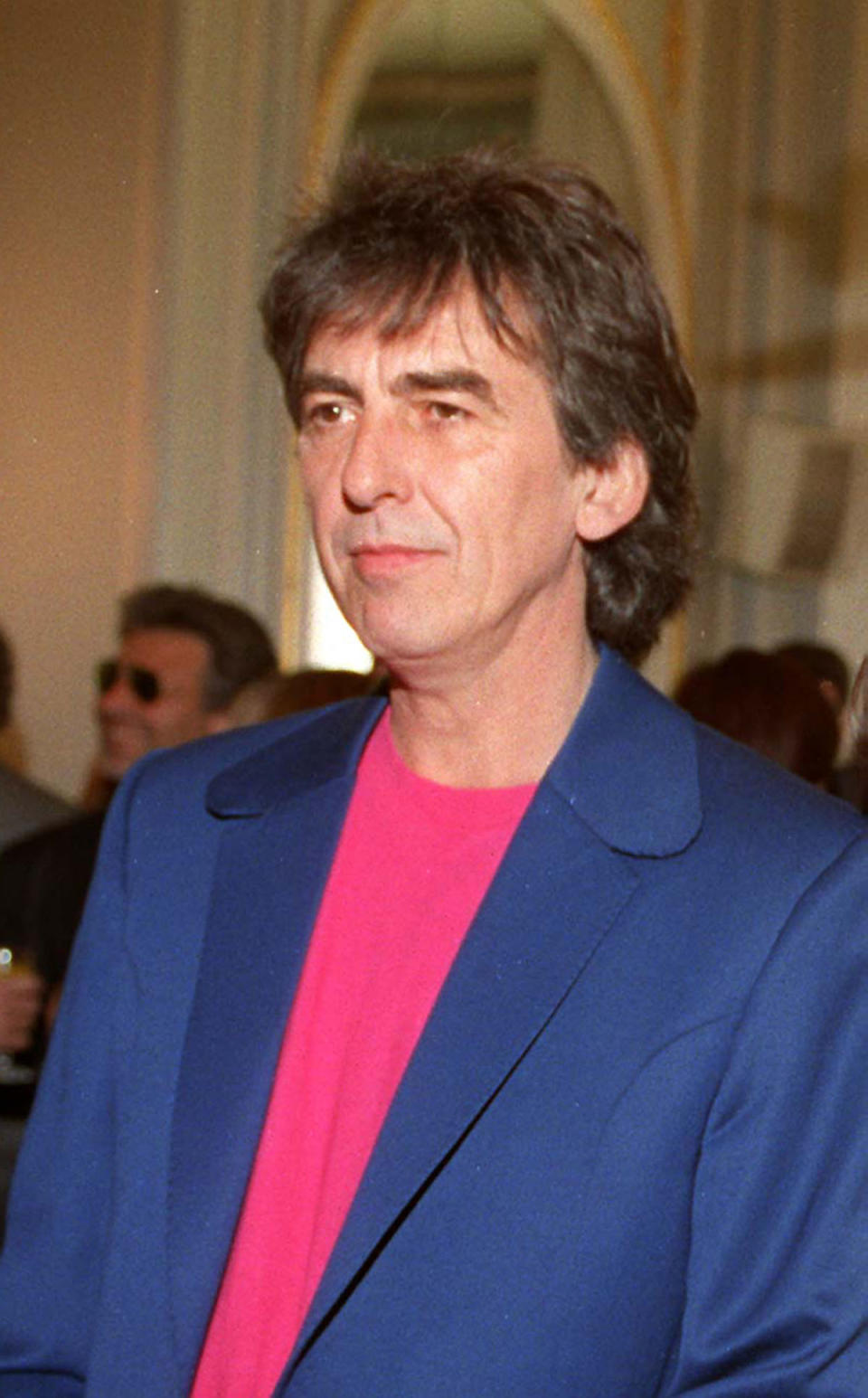George Harrison would be ‘touched’ by blue plaque at childhood home, says widow
George Harrison’s widow has said her husband would have been “touched” by his childhood home being honoured with a blue plaque but feels the Beatles star would be “nervous” the current residents might get disrupted due to it.
Olivia Harrison, who married the guitarist in 1978, will unveil the plaque on Friday at 12 Arnold Grove in Wavertree, Liverpool.
Harrison, who died in November 2001 at the age of 58 following a battle with cancer, was born on February 25 1943 at the two-up two-down Victorian terraced house and lived there until he was nearly seven years old.
Today, we will unveil a national blue plaque to @GeorgeHarrison at his birthplace, 12 Arnold Grove in Wavertree, Liverpool. 🔵
Harrison’s life and career had a phenomenal influence on British and global culture through music, film and humanitarian work. pic.twitter.com/kJMl5bmnQr
— Historic England (@HistoricEngland) May 24, 2024
Speaking on BBC Radio 4’s Today programme, Olivia said she felt the honour was “great” as she recalled how George had “fond and intense memories” of his childhood home where he would have to hide from bombings under the stairs with his mother and brother.
She added: “In one of his books he wrote a lot about life in Arnold Grove.
“It was an insecure time, the war was on, but also it was a very secure time, his Nan lived down the alley, he could run and visit her and he used to.
“They were a very tight-knit family. So I think he would be pretty touched.”
In Harrison’s memoir, I, Me, Mine, he recalled growing up in the street, which he described as “just like Coronation Street” with “no garden” and a “door straight on to the street”.
He also said: “It was OK that house, very pleasant being little and it was always sunny in summer.”
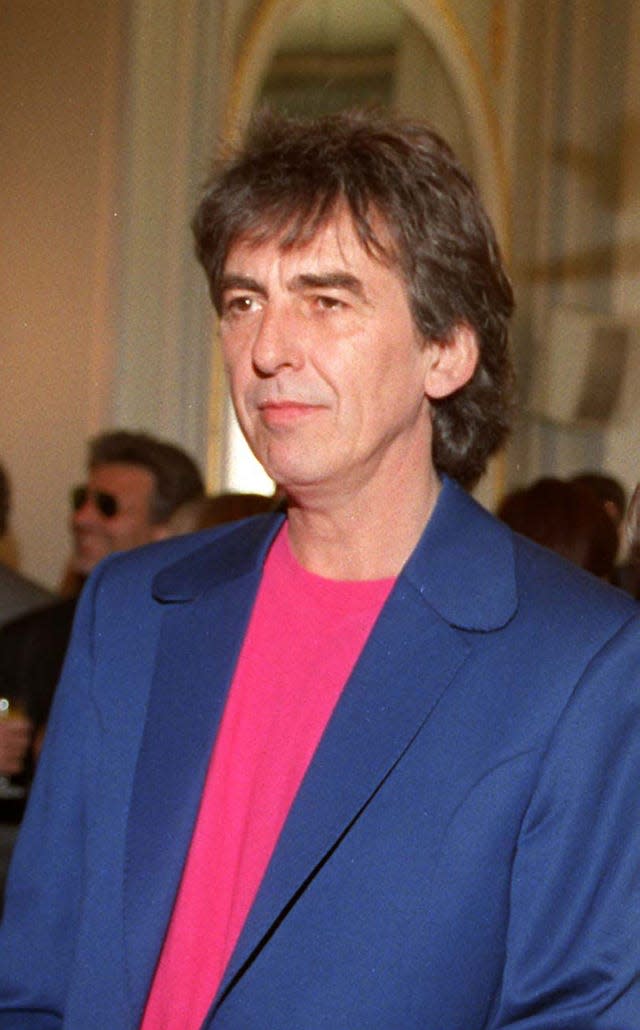
American film producer and author Olivia also revealed the street name became a moniker for the guitarist and they would be referred to as Mr and Mrs Arnold Grove on occasion.
Asked how she feels George would have reacted to the plaque, Olivia said: “He would probably be more nervous for the people who live inside.”
She explained that George was “always concerned about everybody else” and would have been hoping that visitors coming to view the plaque would not “bug” the current residents.
The blue plaque is the third to be displayed outside of London after the scheme was recently extended beyond the capital, the previous two being awarded to Daphne Steele, credited as the “first black matron” in the NHS, and 20th century ceramics designer Clarice Cliff.
Ahead of the unveiling, Olivia said the blue plaque at George’s birthplace would be a “source of family pride for all the Harrisons, and something that none of us, mainly George, would ever have anticipated”.
She had their only child, the musician and composer Dhani Harrison, in 1978.
Known as the “quiet” Beatle, Harrison was the youngest of four children and embraced his love of music, learning guitar at around the age of 12.
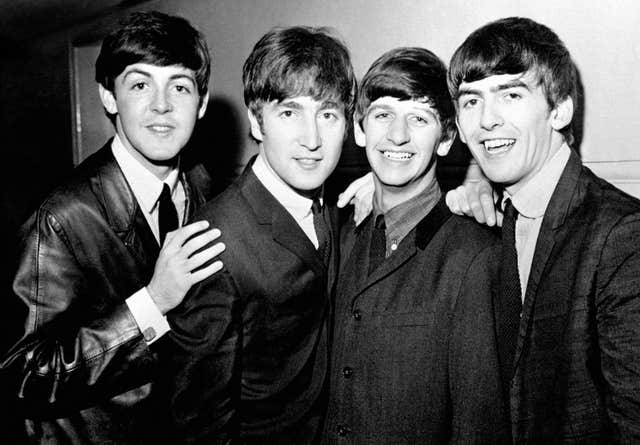
His parents were born and grew up in the Wavertree area and his mother’s parents lived in the adjacent road, Albert Grove.
The family departed the area in 1950 after they reached the top of the council housing list.
Duncan Wilson, chief executive of Historic England, which runs the scheme on behalf of the Department for Culture, Media and Sport (DCMS), said: “For many years, local residents and fans have longed for a blue plaque marking the place where George Harrison’s exceptional life story began.
“I am thrilled that we can make that a reality and we are now inviting people across England to submit their own nominations for the person they would most like to see recognised in this way.”
At the age of 17, Harrison went to Hamburg in 1960 as the youngest member of The Beatles and though his songwriting was overshadowed by John Lennon and Sir Paul McCartney’s work, he contributed with Here Comes The Sun, While My Guitar Gently Weeps and Something.
Following the Beatles’ trip to India in 1966, he was greatly influenced by eastern music and philosophy, and he also wrote the Beatles songs Within You Without You and Only A Northern Song.
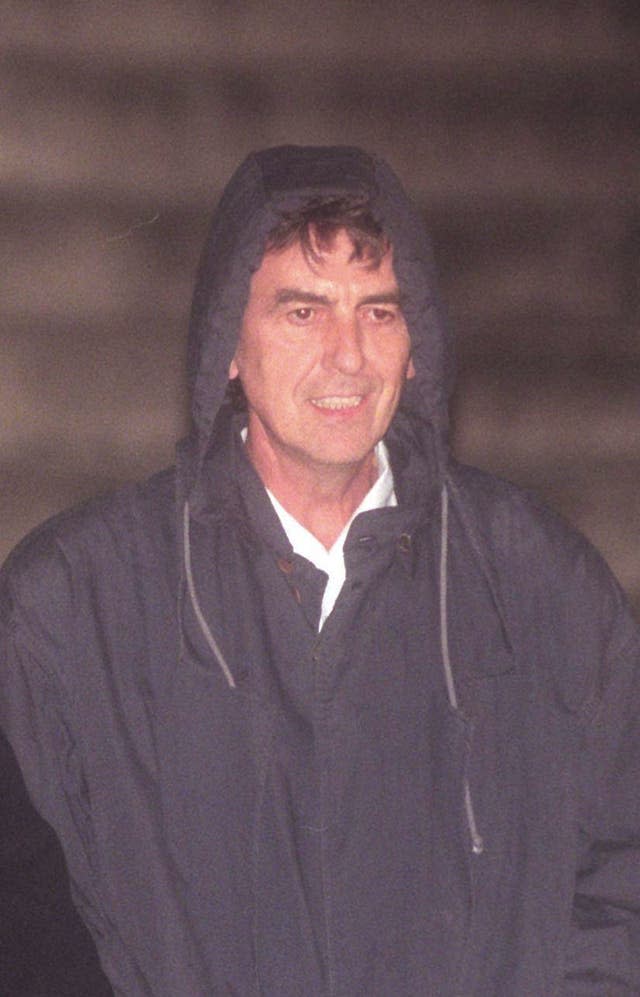
Steve Rotheram, mayor of the Liverpool City Region, said: “Throughout his incredible life, George would often come home to Liverpool to relive the memories that shaped his childhood.
“His career might have taken him around the world – but he never lost his love for this city.
“He was also a deeply spiritual man who used his platform to spread a message of peace and acceptance, which are values that Scousers are renowned for.
“It is for that reason that George will always be regarded as one of Liverpool’s greatest sons and it is wonderful to see a permanent tribute to his life in the community that helped to raise him.”
Following his band splitting, Harrison released his third album, the chart-topper All Things Must Pass, in November 1970, which included the song My Sweet Lord, and also co-founded Handmade Films, which released 1979 comedy Monty Python’s Life Of Brian.
His charitable work included the Concert for Bangladesh in 1971.
In 1988 he formed the supergroup the Traveling Wilburys with Bob Dylan, Roy Orbison, Tom Petty and Jeff Lynne.
Previous plaques have been placed for Lennon at 34 Montagu Square, Marylebone, London, and 251 Menlove Avenue, Liverpool.

 Yahoo News
Yahoo News 